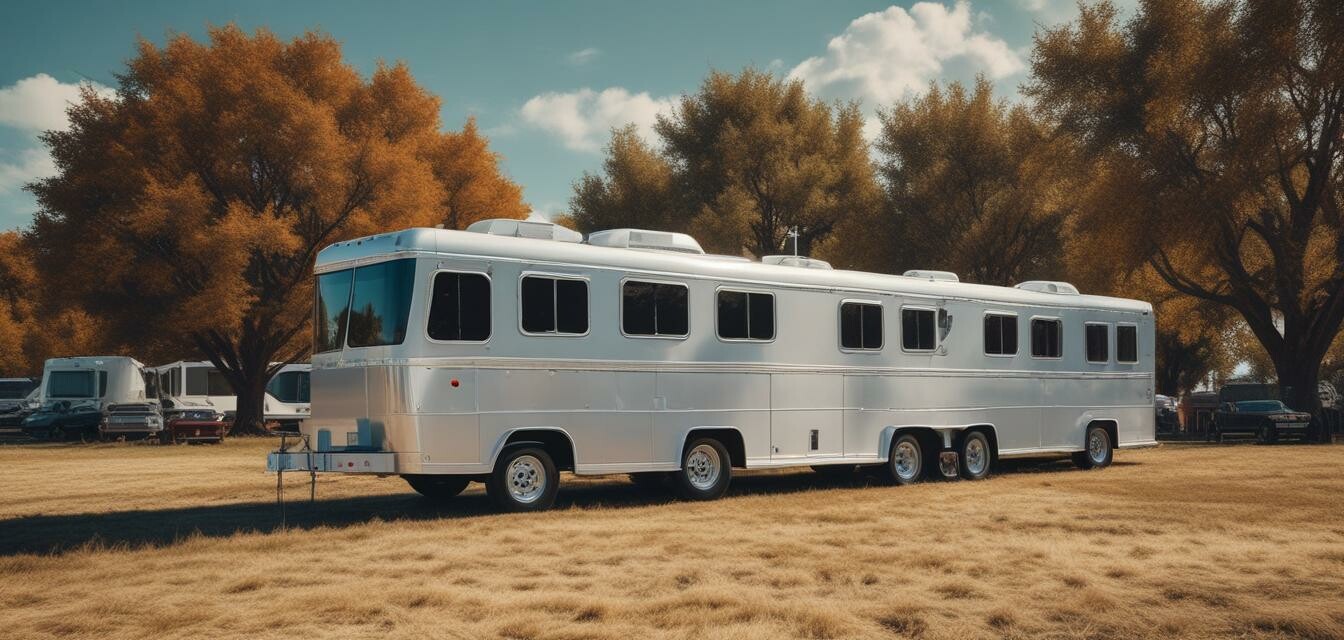
Choosing the Right Horse Trailer for Your Needs
Key Takeaways
- Understand the different types of horse trailers available.
- Evaluate safety features to ensure your horse's wellbeing.
- Consider compatibility with your vehicle before purchasing.
- Prioritize the traveling needs of your horse for a better experience.
- Regular maintenance is key to a long-lasting horse trailer.
Choosing the perfect horse trailer is crucial for any rider who intends to transport their horse safely and comfortably. This guide will walk you through different types of horse trailers, essential safety features, and tips for selecting a trailer that suits both your vehicle and your horse’s needs.
Types of Horse Trailers
Horse trailers come in several types, each designed for different purposes and needs. Below, we outline the most common types:
| Type of Trailer | Description |
|---|---|
| Gooseneck Trailers | Offers more space and stability, typically pulled by trucks. Ideal for transporting multiple horses. |
| BP (Bumper Pull) Trailers | Smaller, easier to maneuver, connects to a standard hitch. Good for one or two horses. |
| Stock Trailers | Open-sided design, great for transporting horses along with other livestock. Offers ventilation. |
| Horse Van | A large transport vehicle tailored for horses, often used for longer journeys. |
Essential Safety Features
When selecting a horse trailer, it’s important to ensure it has the proper safety features to protect your horse during transport. Consider the following:
- Venting: Look for trailers with adequate ventilation.
- Flooring: Non-slip flooring is essential to prevent injuries.
- Dividers: Adjustable, padded dividers can help prevent injuries.
- Brakes: Ensure that the trailer’s brake systems are in good working order.
Compatibility with Your Vehicle
Before purchasing a horse trailer, it’s crucial to ensure compatibility with your towing vehicle. Here are key factors to consider:
- Towing Capacity: Know the towing capacity of your vehicle to ensure it can handle the trailer weight.
- Hitch Type: Ensure your vehicle has the right hitch type, whether it be gooseneck or bumper pull.
- Braking System: Confirm that your vehicle is equipped to handle the braking needs of the trailer.
Considering Your Horse’s Needs
Your horse's comfort is vital during transport. Here are some tips to ensure your horse has a pleasant experience:
- Size: Choose a trailer that provides enough space for your horse to stand comfortably.
- Temperature Control: Consider features that help maintain appropriate temperature inside the trailer.
- Feeding and Watering: Plan for options to provide feed and water during long trips.
Tips for Beginners
- Always check trailer condition prior to use.
- Practice loading your horse in a calm environment.
- Take short practice trips to help your horse get used to the trailer.
Maintenance Tips
Regular maintenance will ensure your horse trailer lasts for years to come. Consider the following suggestions:
- Inspect the brakes and lights regularly.
- Check the flooring for wear and tear.
- Clean the trailer after use, removing any debris.
Conclusion
Choosing the right horse trailer involves assessing different types, understanding safety features, ensuring compatibility with your vehicle, and considering your horse’s needs. With the right preparation and evaluation, you’ll be well on your way to selecting a trailer that enhances your riding experience. For more tips and product reviews, explore our Buying Guides section.
Pros
- Efficient transportation of horses.
- Enhanced safety features protect your horse.
- Various sizes to suit individual needs.
Cons
- Can be an expensive investment.
- Requires proper vehicle for towing.
- Maintenance can be demanding.
